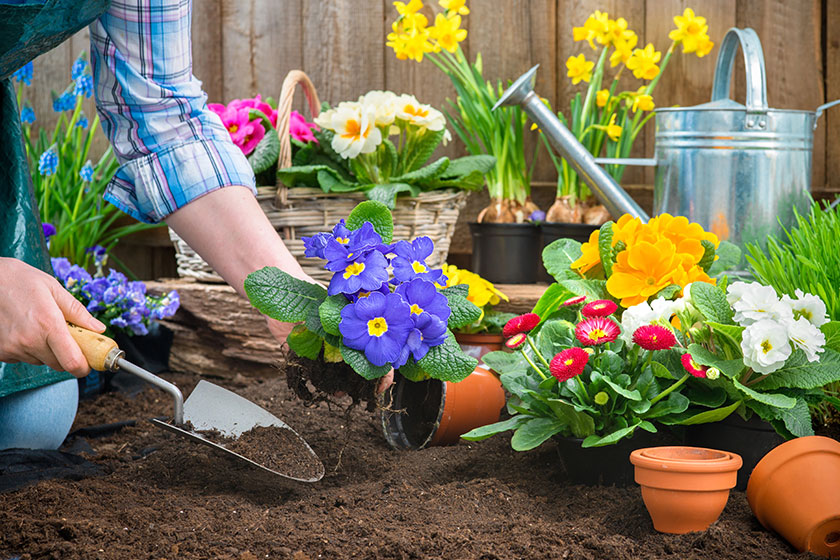Gardening is a therapeutic and fulfilling activity that offers numerous physical and mental health benefits. However, for seniors with low mobility, traditional gardening methods can be challenging. Fortunately, with some modifications and adaptive tools, gardening can become an enjoyable and accessible hobby for everyone. This guide will explore practical tips to help seniors with low mobility continue to reap the rewards of gardening.
Implement Raised Garden Beds
Raised garden beds are a fantastic solution for seniors with low mobility. By elevating the planting area, these beds reduce the need for bending and kneeling, making it easier to reach plants. Raised beds can be built at various heights to accommodate different mobility levels, including wheelchair users. When constructing raised beds, consider the height and width to ensure comfortable access.
A height of 2 to 3 feet is typically ideal, while a width of 2 to 3 feet ensures that all areas of the bed are within easy reach. Using durable materials like wood, stone, or metal can provide a stable and long-lasting structure. Raised garden beds can be customized to fit any space, from small patios to large backyards, allowing seniors to enjoy gardening without straining their bodies.
Utilize Adaptive Gardening Tools
Adaptive gardening tools are designed to reduce physical strain and accommodate various mobility limitations. These tools often feature ergonomic designs, extended handles, and lightweight materials, making gardening tasks more manageable. Long-handled tools, for instance, reduce the need for bending and stretching, allowing seniors to work comfortably from a seated or standing position.
Ergonomic hand tools with cushioned grips and non-slip handles provide better control and reduce hand fatigue. Rolling garden seats offer mobility and support, enabling seniors to move around the garden with ease. Investing in the right tools can significantly enhance the gardening experience for seniors with low mobility, making it both enjoyable and sustainable.
Plan an Accessible Garden Layout
Creating an accessible garden layout is crucial for ensuring seniors with low mobility can navigate and enjoy their gardening space. Thoughtful planning can make the garden more functional and enjoyable. Ensure that paths are wide enough for wheelchairs or walkers, typically at least 3 feet wide, and have a firm, non-slip surface.
Include benches or chairs throughout the garden to provide resting spots and place frequently used tools, watering sources, and plants that require regular care within easy reach. By prioritizing accessibility in the garden layout, you can create a space that is both beautiful and functional, encouraging seniors to spend more time outdoors.
Incorporate Container Gardening
Container gardening is an excellent option for seniors with low mobility. Containers can be placed on tables, shelves, or stands, bringing the plants to a more accessible height. This method allows for greater flexibility and can be adapted to various spaces, including balconies and patios. The benefits of container gardening include versatility, as containers can be moved to different locations for optimal sunlight and convenience.
It also offers easier management of soil quality, watering, and pest control, and allows for growing a wide range of plants, from vegetables and herbs to flowers and shrubs. Encourage seniors to experiment with container gardening to find what works best for their needs and preferences, making the gardening experience both enjoyable and rewarding.
Enhancing Gardening Accessibility for Seniors
Making gardening accessible for seniors with low mobility involves thoughtful planning, adaptive tools, and creative solutions like raised beds and container gardening. By implementing these tips, you can help your loved ones enjoy the therapeutic benefits of gardening, regardless of their physical limitations.
Our retirement community is dedicated to providing a supportive and enriching environment for seniors. With our beautiful outdoor spaces, adaptive gardening tools, and personalized care, we focus on enhancing the well-being and happiness of our residents.
Contact us to learn how we can help your loved ones enjoy a fulfilling and active lifestyle in their golden years.






